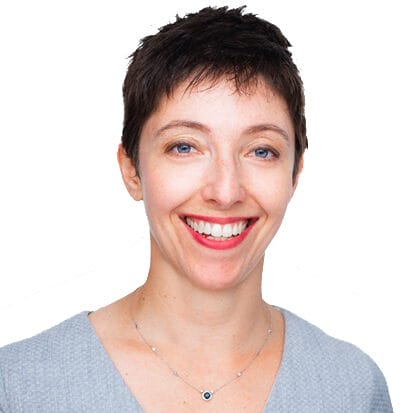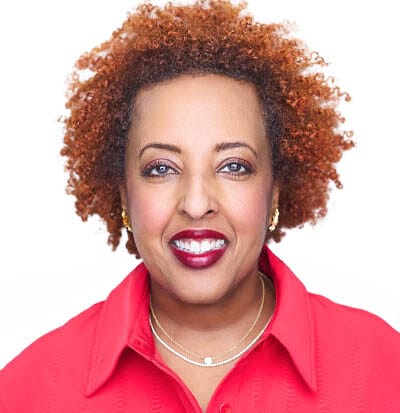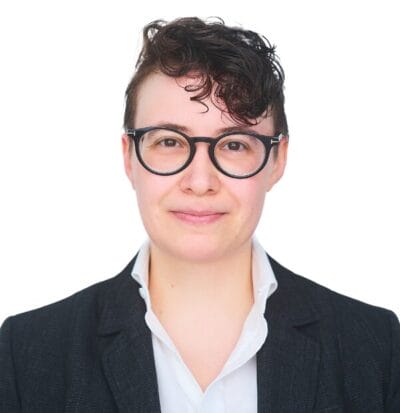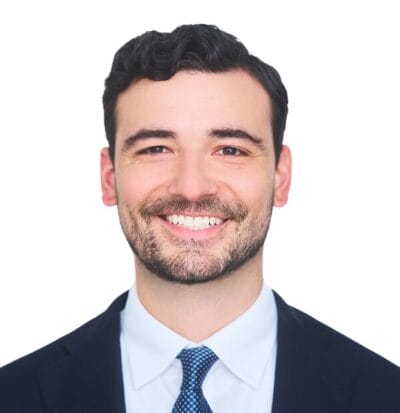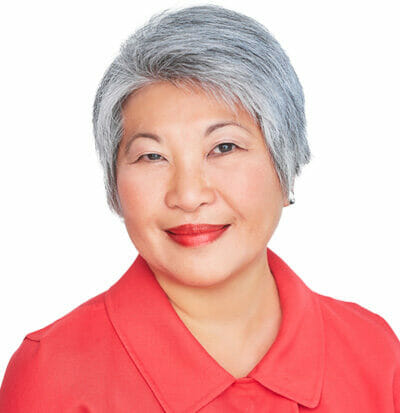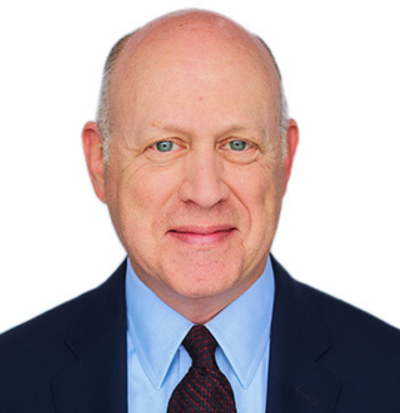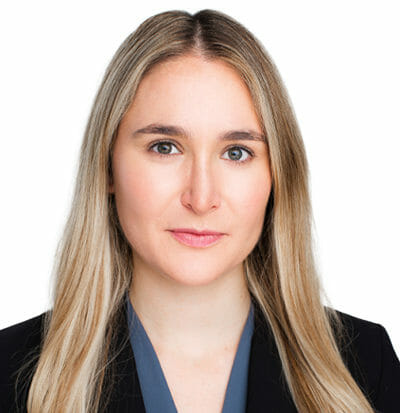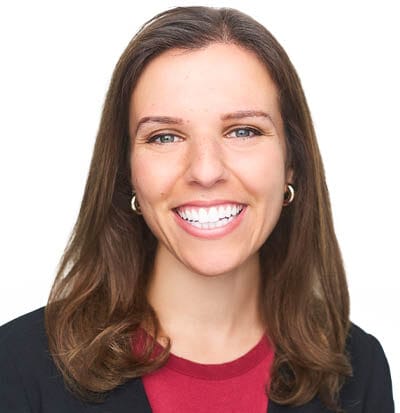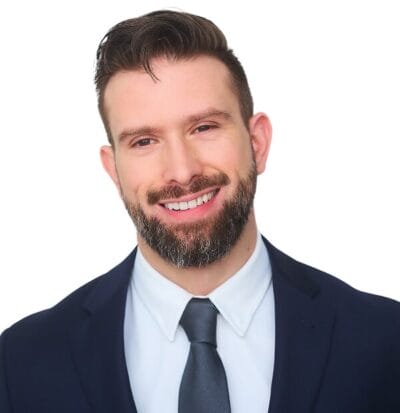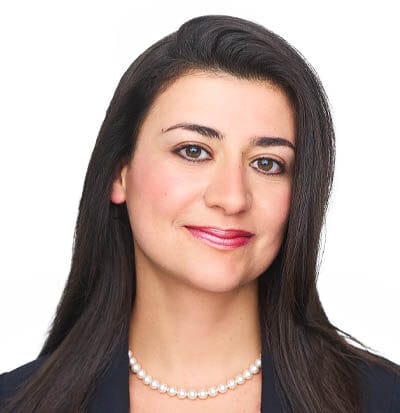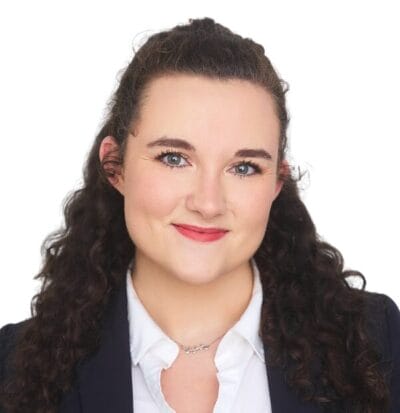South Korea has amended its trademark examination guidelines to provide that the similarity between software-related goods and services must be determined on a case-by-case basis, considering factors such as the type and usage of the software. These guidelines apply to all applications filed on or after January 1, 2021.
The Korean Intellectual Property Office uses codes to determine the similarity between goods and services when examining trademark applications against prior third-party rights. Generally, goods and services that fall under the same similarity code are deemed similar to each other. Previously, the similarity between software-related goods and services was determined largely based on the similarity codes alone. The goal of the amended guidance is to acknowledge the increasing complexity and diversity of software-related goods and services, and to allow more such trademarks to be registered if, for example, the type and usage of the software are different.
The similarity codes for software goods in Class 9 are now further broken down into three sub-categories: (1) system software; (2) application software; and (3) game software. In order to fit into one or more of these sub-categories, applicants must now clearly indicate which type(s) of software they are seeking to protect. “Computer software,” for instance, will not be accepted because this description does not provide clarity on the type of software for which registration is sought.
However, when considering the similarity between goods, these sub-categories will not govern. Rather, the examiner must consider the use of the software, regardless of the similarity codes. For example, “video game software” (sub-category 3) and “computer operating system software” (sub-category 1) are likely to be considered dissimilar, but “software for education” and “industrial process control software” could also be considered dissimilar even though they both fall under sub-category 2.
Other factors include the providers, channels of trade, and consumers of the claimed goods/services, as well as the degree of similarity between the marks themselves. Thus, “software for virtual golf games” and “business for operating virtual golf centers” are likely to be deemed similar, but the extent to which a refusal issues will depend, in part, on whether the marks themselves are similar.
Applicants seeking trademark protection in South Korea, particularly for software-related goods and services, should take care to specify the type(s) of software of interest to avoid a rejection. The upside of these new guidelines is that perhaps more software-related trademarks will be allowed to coexist on the Register following a more nuanced review of the coverage by the examiners.

